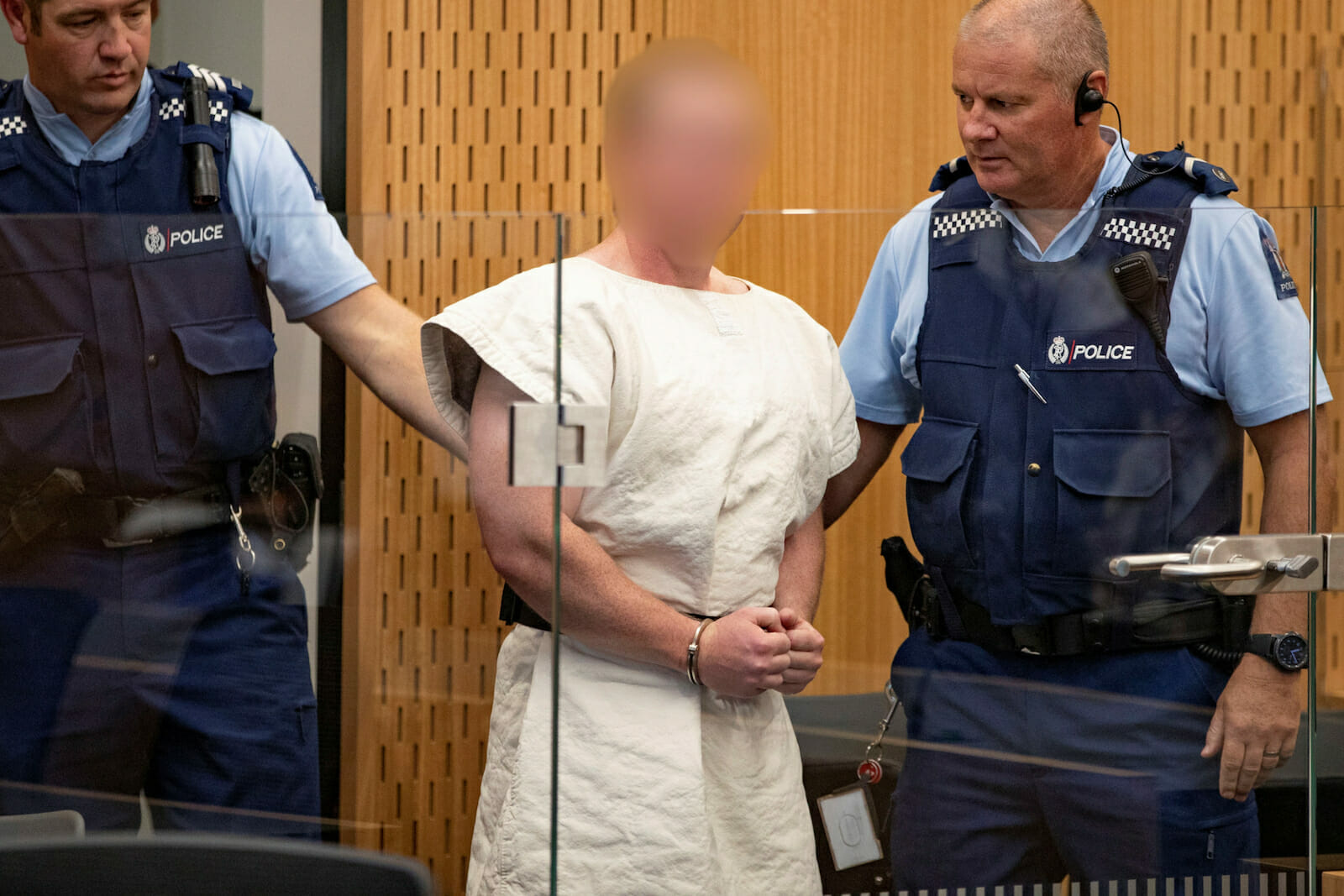
Does New Zealand Take the Far-right Threat Seriously Enough?
In New Zealand, we don’t take far-right extremism seriously enough. But we’re not alone in this regard. And when I say “we,” I’m referring to the general public.
True, the threat is not as serious in New Zealand as it may be in other parts of the world, but the Christchurch mosque shootings showed us that we are sadly not immune to the dangers of radicalised ideologies and violent extremism. In the wake of the terrorist attack that left 51 dead on March 15, 2019, we have a responsibility as a national community to support those impacted by it, and to avoid complacency by ensuring all is done to prevent anything similar from happening again.
There is a blatant trend for Muslim extremism, and its threat, to be overrepresented. Western societies have come to accept Islam and Muslims generally as a consistent and prominent danger. This is undoubtedly fuelled by the media and the way it frames these perceived threats. A remarkable study of press coverage in the U.S. found that terrorist acts committed by Muslim extremists were reported 357% more than those perpetrated by non-Muslims. Here in New Zealand, the government has admitted to a disproportionate focus on Islamist terrorism, prior to the Christchurch attack.
Far-right extremist violence is a real, and potentially imminent, threat both here and overseas. This social movement asserts an ideology that has seen a considerable uptick in the U.S. and has gathered momentum in recent years. The U.S. has been taking more action than ever before to tackle the issue that they consider the greatest domestic terrorism threat, including calls by lawmakers to designate overseas white supremacist groups as foreign terrorist organisations.
It is important that we continue to label these acts as terrorism. The power of labeling is important with any extremism, but particularly with those that are so often underestimated. Though risky if labeled incorrectly, this statement is an important step in creating accurate public perception, if it is the case.
The effect of Jacinda Ardern labeling the Christchurch attacker as a terrorist, within hours of the massacre, was significant. It framed the media reporting that followed, the public’s perception, and the gravity of the situation. It also received global press attention, at a similar time to Donald Trump’s repeated refusal to condemn white supremacist groups in the U.S. His perceived “support” emboldened far-right groups many of whom stormed the U.S. Capitol on January 6, 2021.
The NZ Security Intelligence Service has also indicated that they predict an increased terror threat from far-right extremism, due to COVID-19 lockdown measures. More time spent indoors, consuming larger amounts of extremist online content and conspiracy theories, unchecked, has raised the risk of accelerated radicalisation of vulnerable individuals. So, as the U.S. declares their commitment to the Christchurch Call, pledging to hold themselves and Big Tech companies accountable, we’re reminded of the strong online presence of far-right extremist ideologies.
However much we’d like to think of March 15, 2019 as a one-off aberration, the terrorism threat level in New Zealand remains at MEDIUM. Far-right groups, such as Action Zealandia, are still active, openly expressing their white supremacist beliefs, and are connected to highly dangerous overseas groups.
Now is the time for all New Zealanders to make sure we help in the recovery from the Christchurch attack and deliver on our values of multi-culturalism. The government’s Royal Commission of Inquiry into the Terrorist Attack includes a range of recommendations for structural and policy changes, such as amendments to Hate Crime Laws and establishing a new counter-terrorism agency. The focus cannot sit solely with the government to deliver on these findings, and the report also calls on communities to play their part in keeping New Zealand safe, diverse, and inclusive.
So, what can we do about this, as individual citizens? We must continue to challenge our views, attitudes, and behaviours to ensure they’re not “disproportionately focused” on common misconceptions or ignoring risks simply because they’re not a threat to us personally. Be bold enough to challenge yourself and others to consider whether you would have viewed anything differently if the target of the attack had been the other way around – a Muslim terrorist, killing and injuring non-Muslim victims.
Whilst it’s important to remember that we’re not the U.S., and the threat is not the same as it is there, New Zealand is in the unique position of leading the way in responding to extremist, terrorist violence. We need to ensure we’re a shining example.
This team of five million has succeeded before, so let’s do it again to ensure all our communities are respected and safe.

